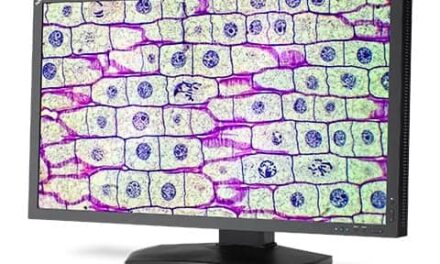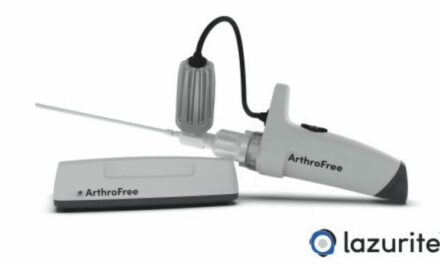CorVista Health announced FDA clearance of the CorVista System with CAD Add-On to evaluate the presence of significant coronary artery disease as an aid in diagnosis.
The CorVista System is a non-invasive medical device system comprised of hardware and software components that are designed to allow a physician to evaluate the patient at point-of-care for cardiac disease using a static machine-learned detection algorithm. The CAD Add-On is the first of the company’s anticipated suite of cardiac detection algorithms to receive market clearance.
“Our point-of-care, non-invasive solution rules out significant CAD with a negative predictive value (NPV) of 99%,” said Don Crawford, president and CEO of CorVista Health. “Furthermore, it requires no fasting, radiation, or significant capital investment. The ability to obtain a result within minutes will be a game changer in aiding physicians to detect the potential presence of cardiac disease.”
The CorVista System is indicated to analyze sensor-acquired physiological signals of patients presenting with cardiovascular symptoms (such as chest pain, dyspnea, fatigue) to indicate the likelihood of significant coronary artery disease. The analysis is presented for interpretation by healthcare providers in conjunction with their clinical judgment, the patient’s signs, symptoms, and clinical history as an aid in diagnosis.
The clearance was based on an extensive blinded clinical validation dataset (N=1,816), collected through the IDENTIFY study, showing performance in identifying significant CAD with sensitivity of 88% and specificity of 51%. The results are comparable to the rule out performance of coronary computed tomography angiography (CCTA). Additionally, the performance is maintained in the currently underserved female population.
This milestone follows the announcement of receiving FDA Breakthrough Designation for the company’s second disease specific Add-On module in development focused on pulmonary hypertension.
“We believe CorVista Health has the ability to transform the way cardiovascular disease is diagnosed, particularly in underserved low-resource settings where there is the greatest need,” said Charles Bridges, MD, ScD, executive vice president, chief scientific officer of CorVista Health. “CorVista Health’s innovative solution has the potential to make a tremendous impact to our healthcare system and enable more equitable care.”





